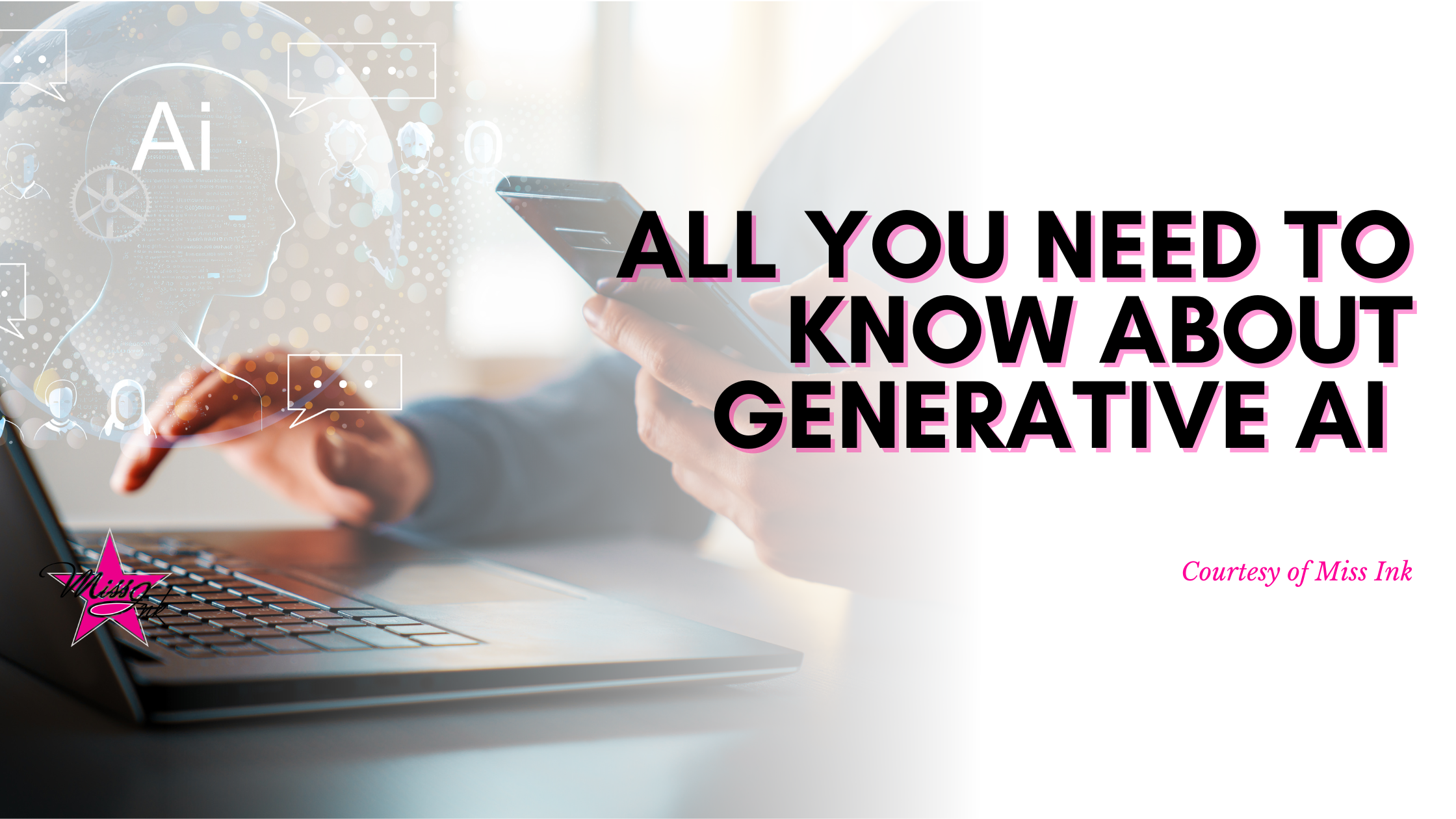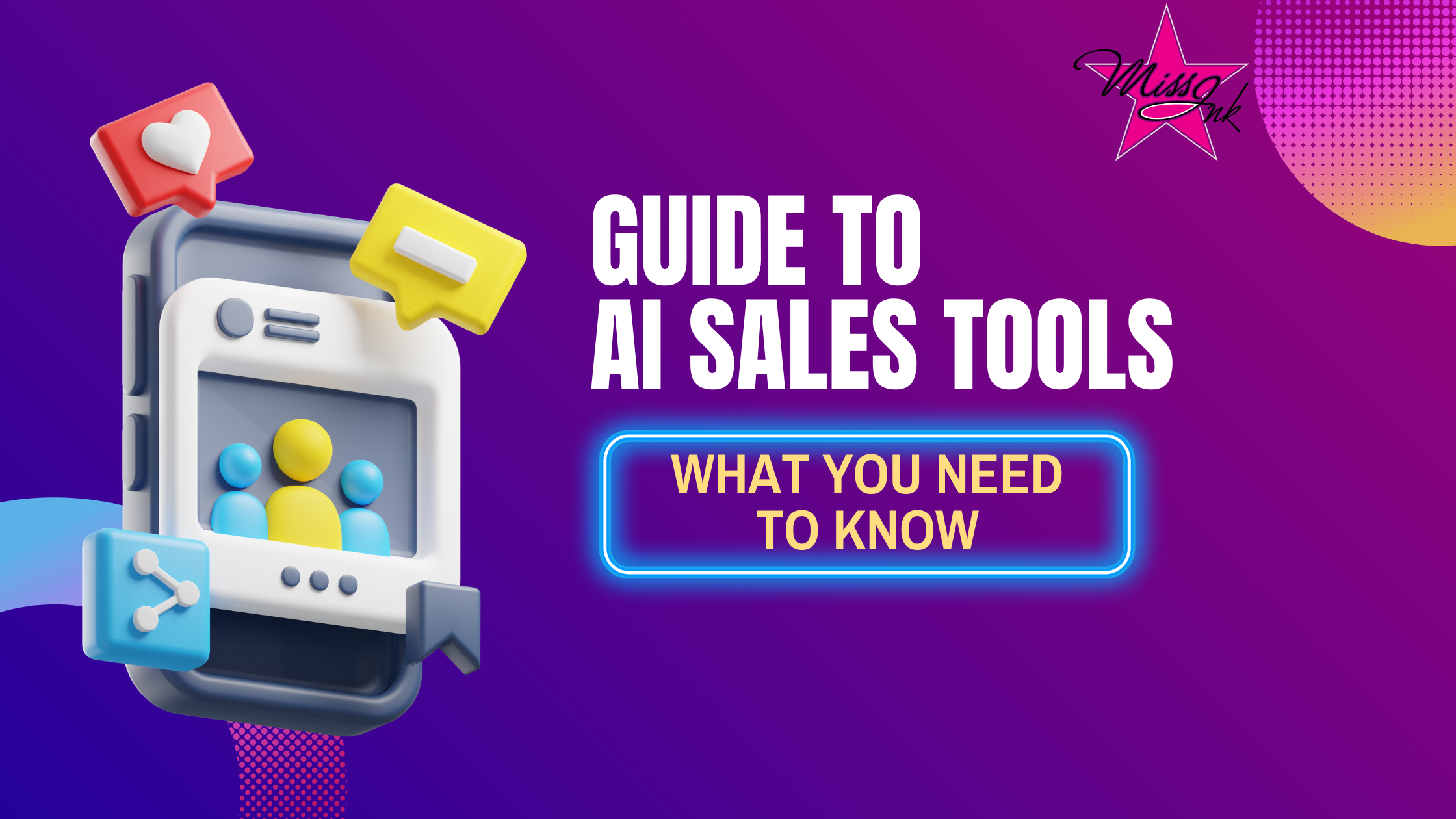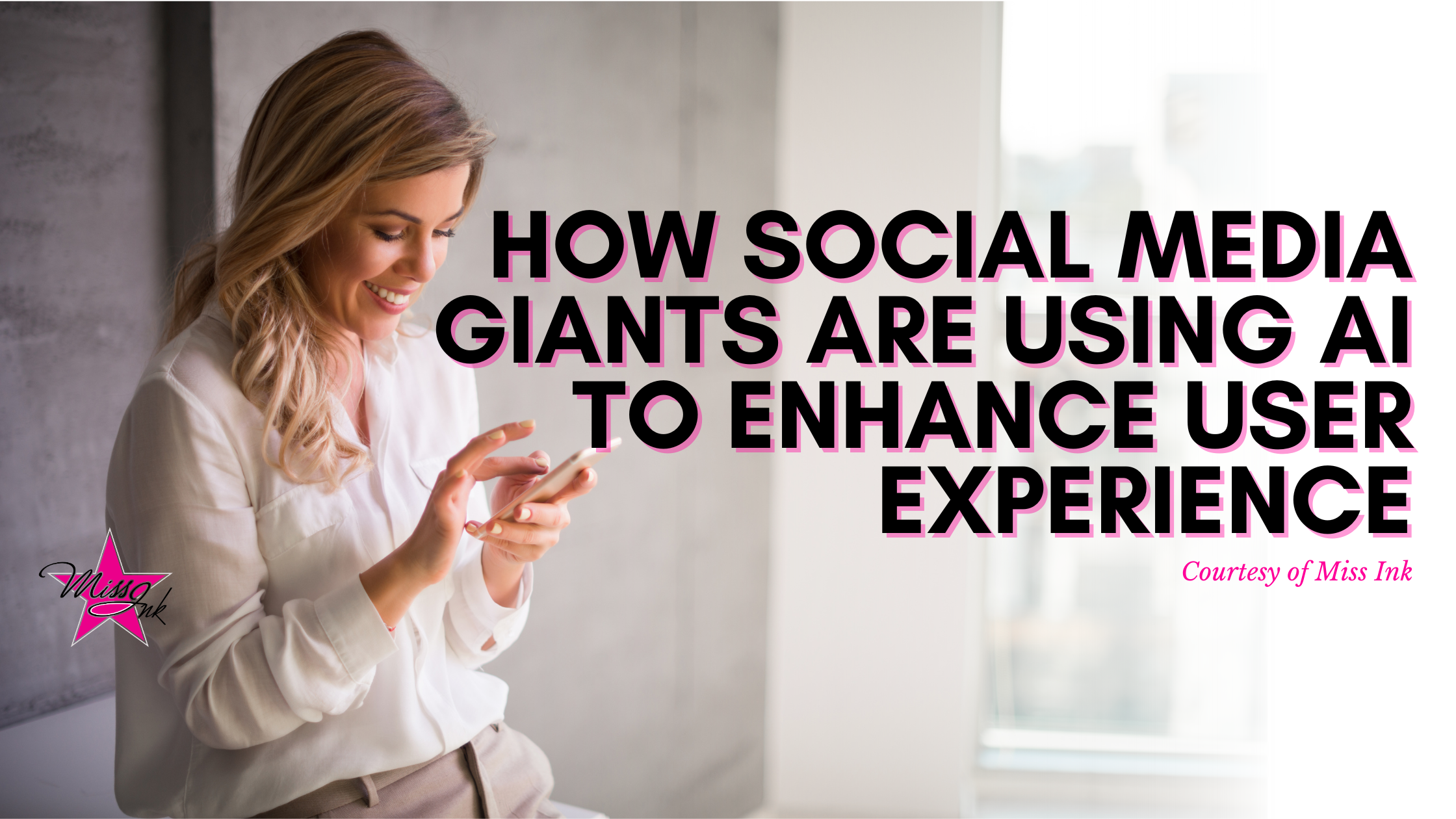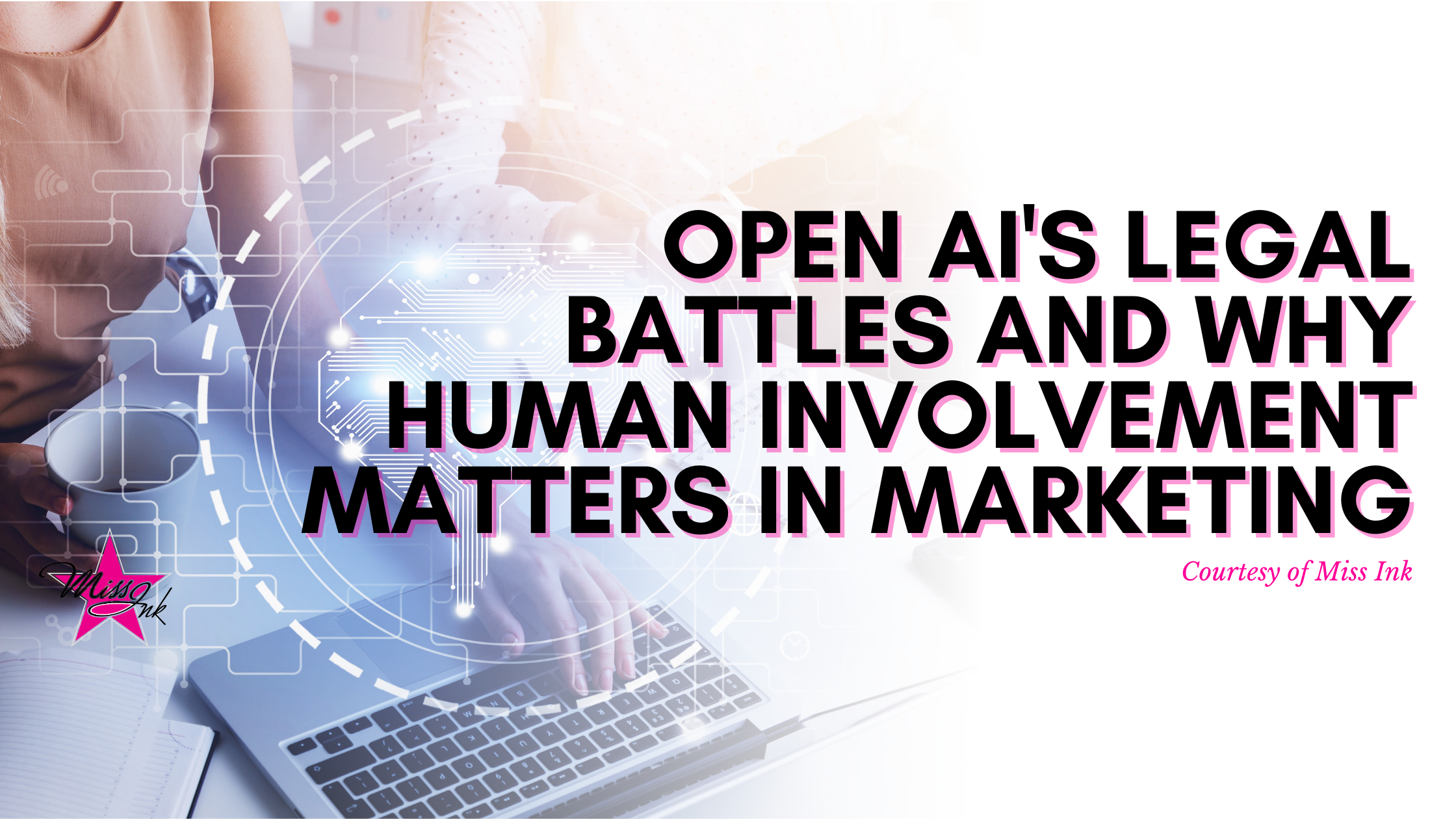- Faster Product Development: Generative AI expedites the product development cycle by automating various stages, allowing businesses to bring innovative offerings to market swiftly.
- Enhanced Customer Experience: By leveraging generative AI, businesses can personalize customer interactions, tailor recommendations, and deliver engaging content that resonates with their target audience.
- Improved Employee Productivity: Generative AI streamlines repetitive tasks, freeing up employees to focus on more strategic and creative endeavors, ultimately boosting productivity and efficiency.
- Lack of Transparency: Generative AI models, like ChatGPT, can be unpredictable, and even their creators may not have a complete understanding of their inner workings.
- Accuracy and Bias: Generative AI systems may produce inaccurate or fabricated outputs. It is crucial to evaluate the outputs for accuracy, appropriateness, and usefulness before relying on or sharing them publicly.
- Intellectual Property (IP) and Copyright: Currently, there are no verifiable assurances regarding data governance and protection for confidential enterprise information. Enterprises must implement controls to avoid inadvertent exposure of IP.
- Cybersecurity and Fraud: Malicious actors can exploit generative AI systems for cyber and fraud attacks, such as using deep fakes for social engineering. Enterprises need robust mitigating controls in place to safeguard against such threats.



